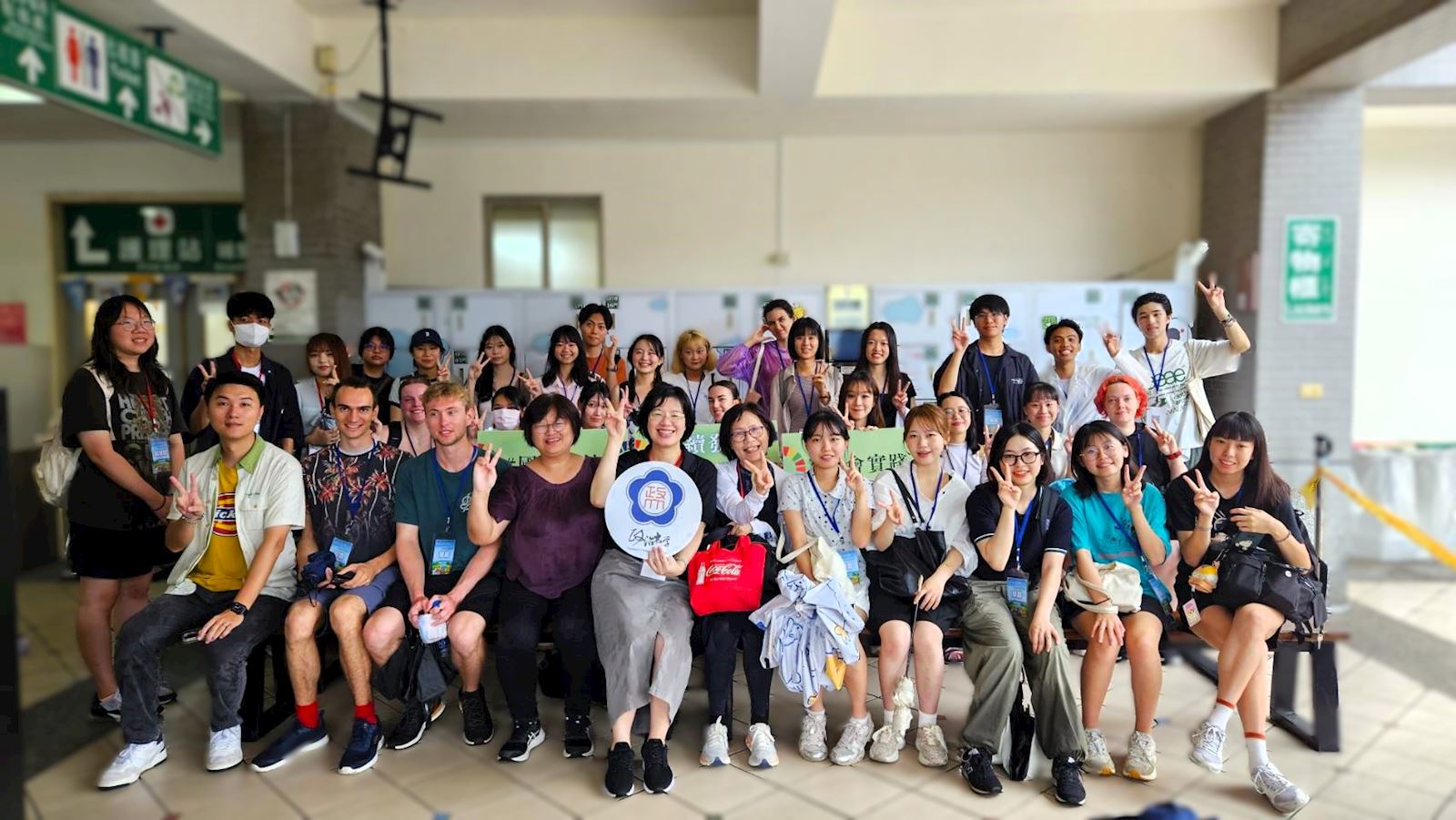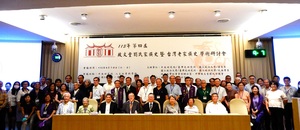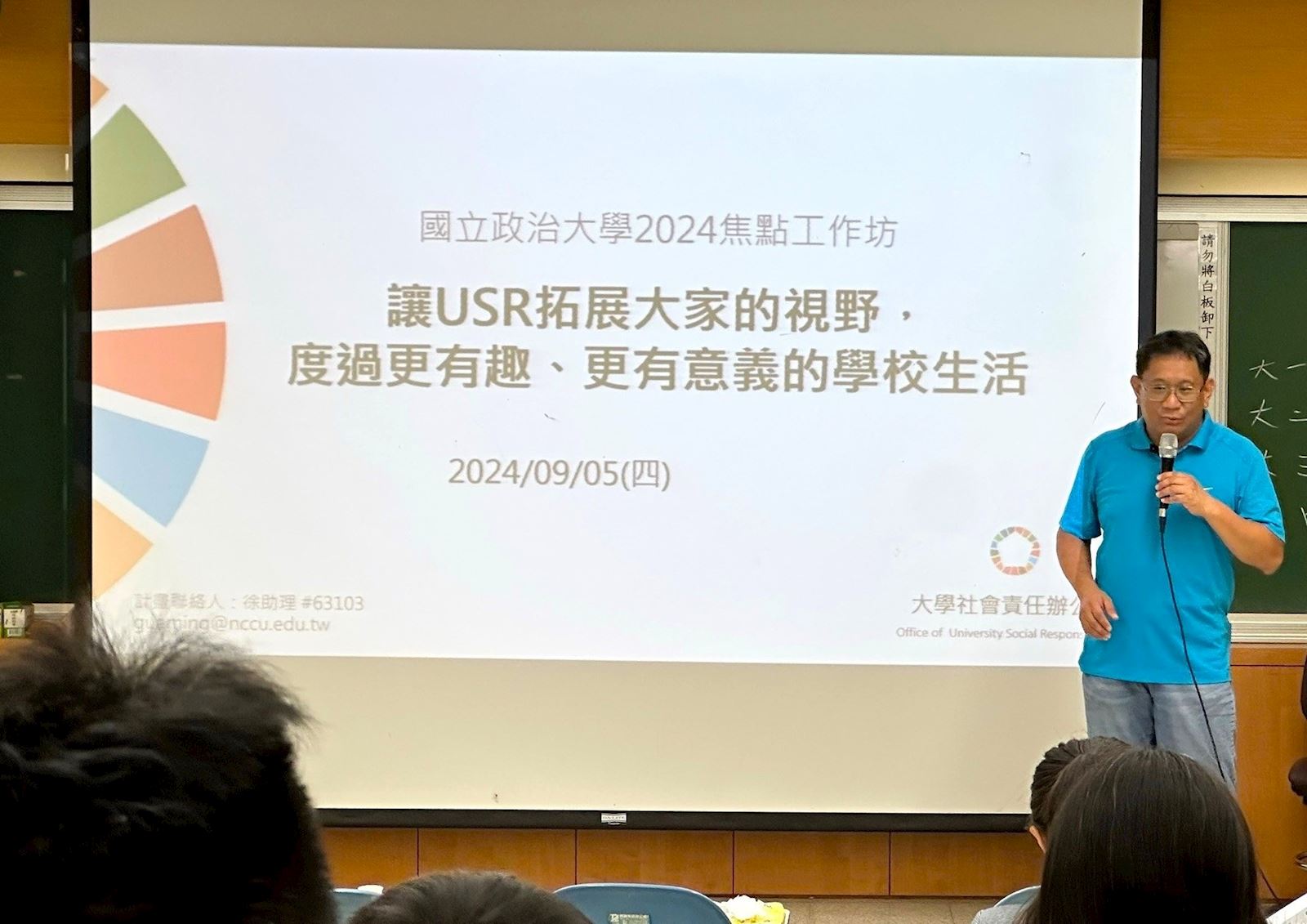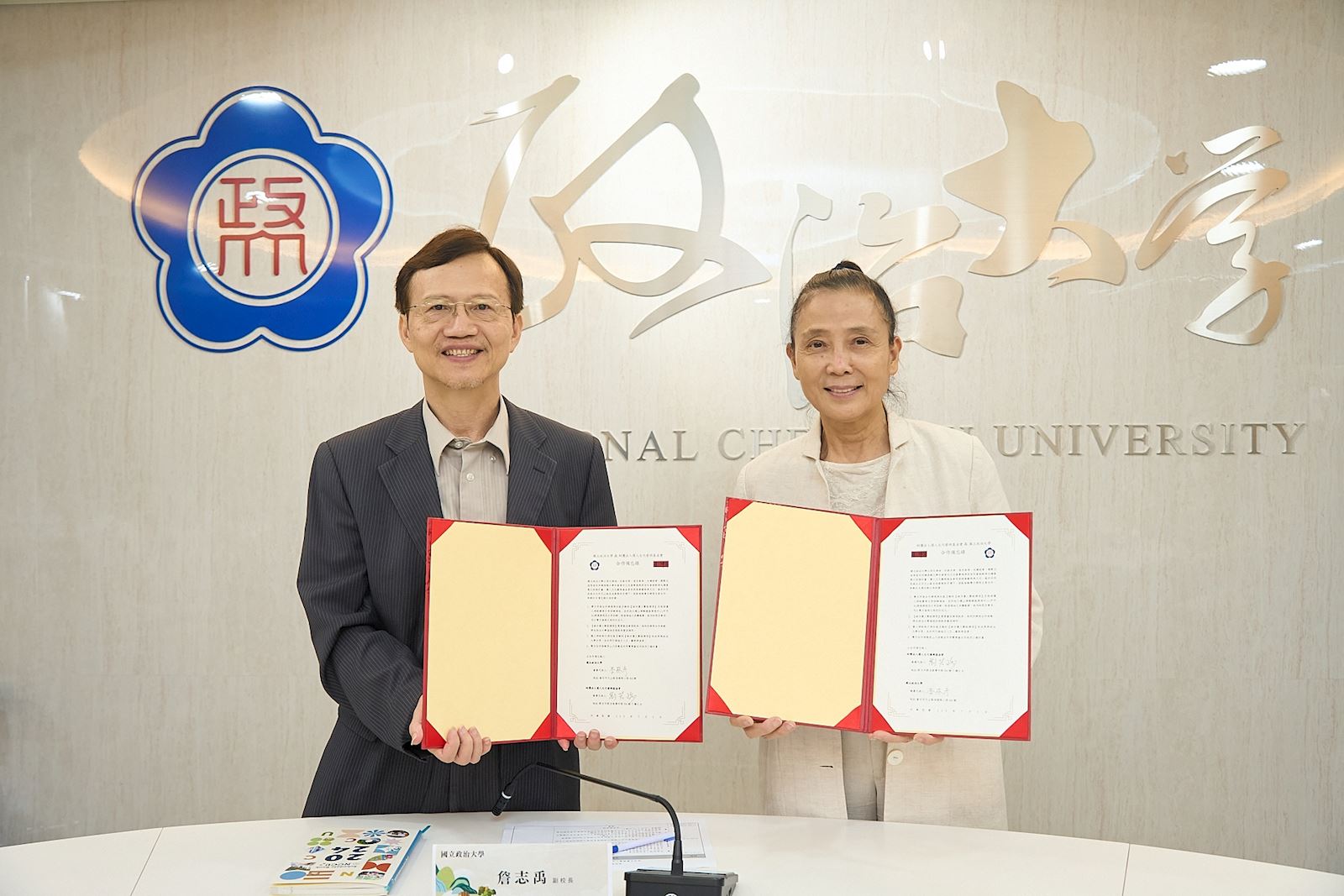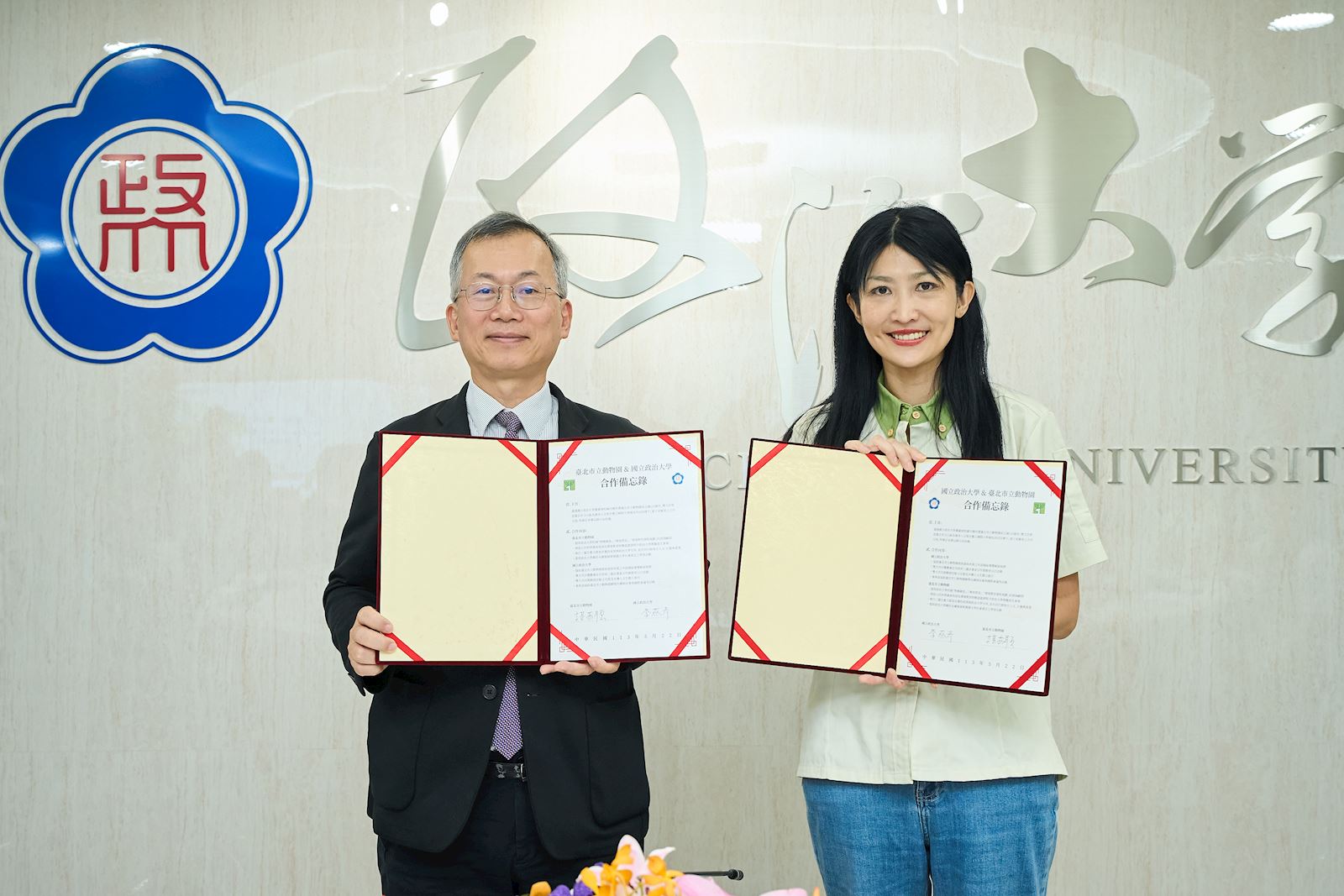【Office of University Social Responsibility News】
On June 24, our university held the "Poverty Symposium II: Unity of the Poor: The Field of the Homeless in Taiwan and the Welfare System for the Homeless" as part of the "Xinglong Ankang. Mutual Benefit Wenshan" university and community mutual benefit project (USR Mutual Benefit Wenshan Program). This series of symposia invites scholars and experts from various fields each month to discuss different poverty-related topics from diverse professional perspectives, showcasing different aspects of poverty, and assisting the project team in gaining further insight into poverty in the Ankang community.
Following the previous symposium, where Professor Guan Bing-Yin from the Department of Sociology at our university initiated the discussion on "Can Education Help Economically Disadvantaged People Rise?" this session invited Professor Huang Ke-Xian from the Department of Sociology at National Taiwan University (NTU), a long-time researcher on homelessness, to share his insights on the internal state and life interpretation of disadvantaged people. Associate Professor Zheng Li-Xuan from our university's Department of Sociology served as the discussant. After the session, Professor Huang, the members of the USR Mutual Benefit Wenshan project, and other attendees from the academic and industry sectors dedicated to poverty issues and social practices engaged in further discussions.
Breaking the Common Perceptions of the Poor
Professor Huang opened the symposium with a sociological perspective that challenges common perceptions, urging attendees to reconsider poverty issues with a flipped mindset. Generally, when the homeless are discussed, the public tends to think that in order to resolve their economic difficulties, they must be provided with money, education, vocational training, and other resources. However, solving poverty is not that simple. Sociology, with its flipped approach to poverty, points out its real causes: the poor remain poor because they continuously receive help, and over time society labels them and treats them in a way that perpetuates their economic status without improvement.

Poverty Line from a Macro Perspective - The Relationship Between the Government and the Poor
After clarifying the real causes of poverty, Professor Huang pointed out that in domestic poverty research, the relationship between the government and the poor is crucial but has not received sufficient attention. He believes that to fully understand the plight of the poor in society, one should examine the policies set by the government for them, the attitudes of grassroots bureaucrats (such as police officers and neighborhood leaders) toward them, and their interactions. This approach will allow for a broader understanding of the relationship between the government and the poor, and the living conditions below the poverty line.

USR Breaks the Boundaries of Academic Division
Professor Huang noted that the lack of attention to the relationship between the government and the poor is closely related to the academic division between sociology and social work. Therefore, he praised the USR project for using interdisciplinary teacher-student teams to break free from the limitations of past academic divisions and systems. This initiative helps build links and bridges between disciplines and promotes broader awareness of poverty issues.
During the post-lecture discussion, Director Hong Jing-Shu from the Taiwan Labor Front, volunteer Yang Shu-Xiu from the Fourth World Movement, documentary director Chen Ying-Yan, homeless experience participant Ah Xin, and other members of the project shared their thoughts and insights on poverty issues. These included the impact of social relationships on the poor, why the poor are disadvantaged in social relationships, the obstacles and difficulties faced by grassroots bureaucrats in implementation, and how these obstacles influence government policies and the social value and labeling of the poor. A series of discussions and debates injected fresh intellectual vitality into the project.

The Root Cause of Homelessness - Housing Policy
Professor Huang concluded the symposium by pointing out the close relationship between homelessness and housing policy. He mentioned that the public’s avoidance of the homeless prevents the government from addressing this issue through housing measures and forces them to provide various forms of assistance that may not be needed by the homeless.
Concept and Goals of the Symposium
The symposium is an important part of the USR program. This program is committed to implementing the United Nations "Sustainable Development Goals" (SDGs), aiming to achieve Goals 1 "No Poverty", Goal 4 "Quality Education", Goal 10 "Reduced Inequalities", and Goal 17 "Partnerships for the Goals".
The program's implementation field includes Taipei's Ankang community and Xinglong public housing, carrying out activities and projects in four major areas: "Youth and Family Services", "New Immigrant Care", "Legal Assistance and Education", and "Support for Economically Disadvantaged". During the program’s implementation, the team observed that the causes of community poverty are highly complex, dynamic, and cyclical. Therefore, the project team hopes to strengthen the practical and research abilities of the team through symposiums, inviting experts and scholars with professional research or practical experience on the annual topics of the program, and holding the annual topic conference to call for social concern for disadvantaged communities, thus establishing a model for sustainable empowerment in communities in Taiwan.
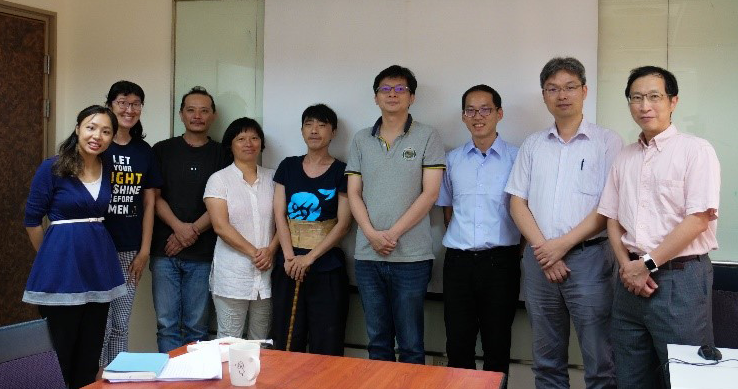

Related Links
Original Source: NCCU Campus News
